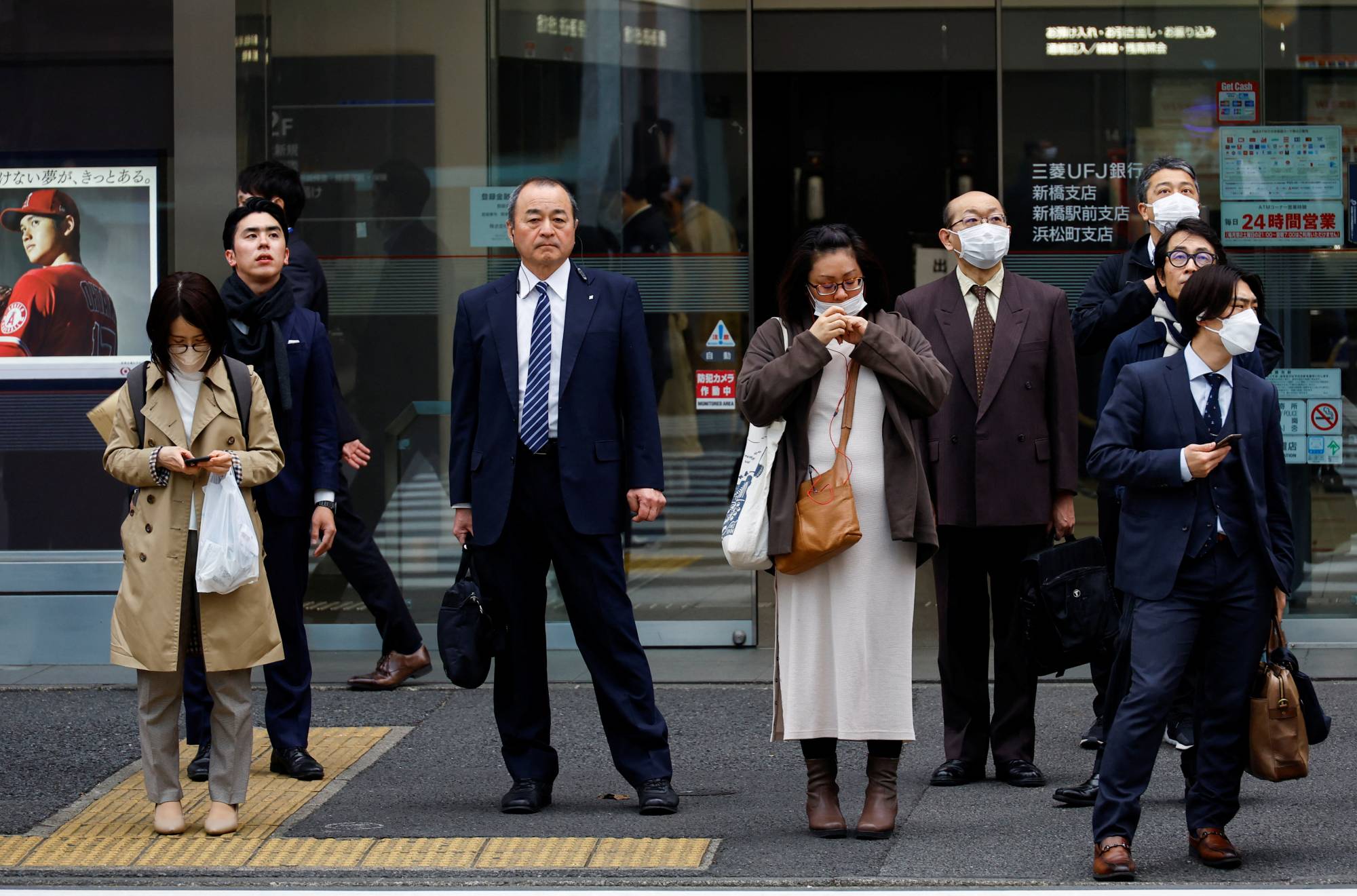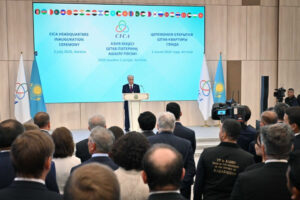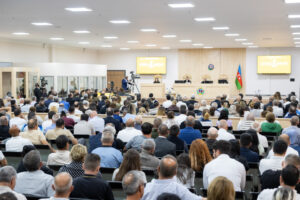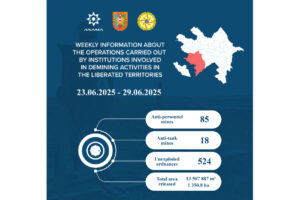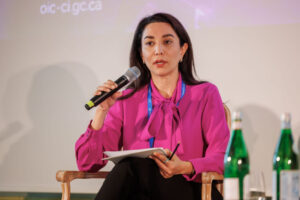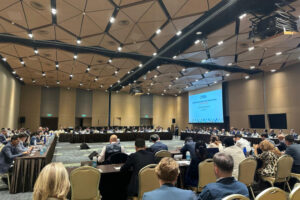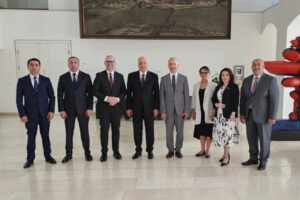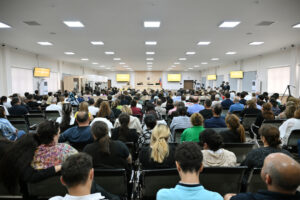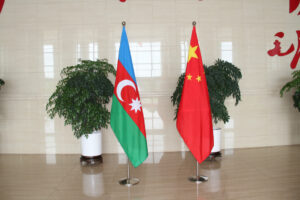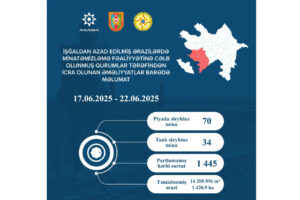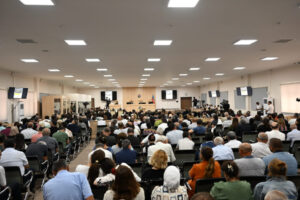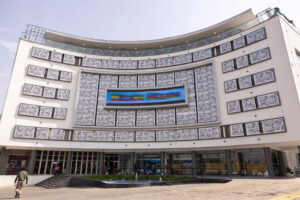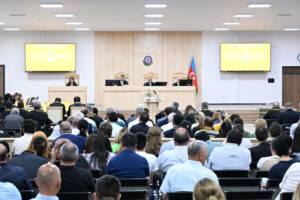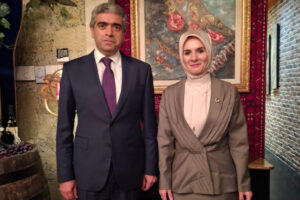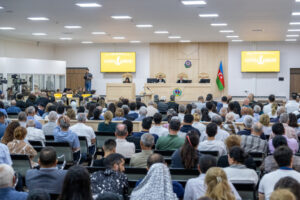Tokyo, 18 March, /AJMEDIA/
Japan’s top labor unions won their biggest wage hikes in decades amid historic levels of inflation, results that could have implications for the Bank of Japan’s policy path.
Following annual wage negotiations, key unions and their employers reached a preliminary agreement to raise overall wages by 3.8% — the most since 1993, and noticeably more than the previous year’s final tally of 2.07%. Base wages, which have a greater impact on household spending power, will be increasing 2.33%, the union group said Friday.
The results were above economist expectations and follow BOJ Gov. Haruhiko Kuroda’s comments that suggested sustained pay hikes of 3% are needed for the bank to normalize its massive easing policy. While Kuroda wasn’t clear which wage gauge needs to go up by 3%, Friday’s negotiation results could be used as a reason for changes under Kuroda’s successor Kazuo Ueda, who takes over the BOJ’s helm from April.
The yen was little changed on the report, holding onto earlier gains against the dollar.
“This is an impressive outcome,” said Yoshiki Shinke, senior executive economist at Dai-Ichi Life Research Institute, adding that this is also positive for the BOJ. “If they want to normalize, they can cite the prospect of strong wage growth as a key reason. If they want to be careful, they can say they need to watch more data.”
Economists expected the talks to result in overall wage gains of 2.95%, according to a Bloomberg survey earlier this month, and the stronger-than-expected figures could fuel market expectations of a pivot in monetary policy. Inflation hit a fresh four-decade high of 4.2% in January, although it’s expected to have significantly slowed in February largely due to government subsidies for electricity costs.
“We’ve made it a goal to create an economy and politics that would stably increase gross domestic product, wages and prices together,” said Tomoko Yoshino, leader of the Japanese Trade Union Confederation, commonly known as Rengo. “Today’s result could be a first step toward making that a reality.”
Prime Minister Fumio Kishida has also positioned higher wages at the center of his so-called new capitalism drive to expand income distribution. The cost-of-living crunch caused by inflation threatens to continue to undermine his signature policy ahead of local elections in April.
There were already various signs that pay will go up much more than in recent years.
Uniqlo-operator Fast Retailing in January announced raises of up to 40% for full-time employees, and Nintendo and Toyota followed suit with hefty raises. The metalworkers’ union, which includes workers from Panasonic and Hitachi, announced Wednesday that its members were getting their biggest wage hikes on records going back to 2014.
In addition to calling for higher pay, Kishida has ramped up incentives including tax breaks to encourage more employers to fall in line.
“The influence of peer pressure is pretty strong in Japan,” said Mari Yamauchi, visiting professor at Akita International University. “When the vision that wages should be raised is shared among stakeholders, especially the government, it’s likely to make corporate managers feel that they need to raise wages too.”
Wage hikes appear long overdue in Japan, with a working-age population around 15% smaller than it was in 1995.

